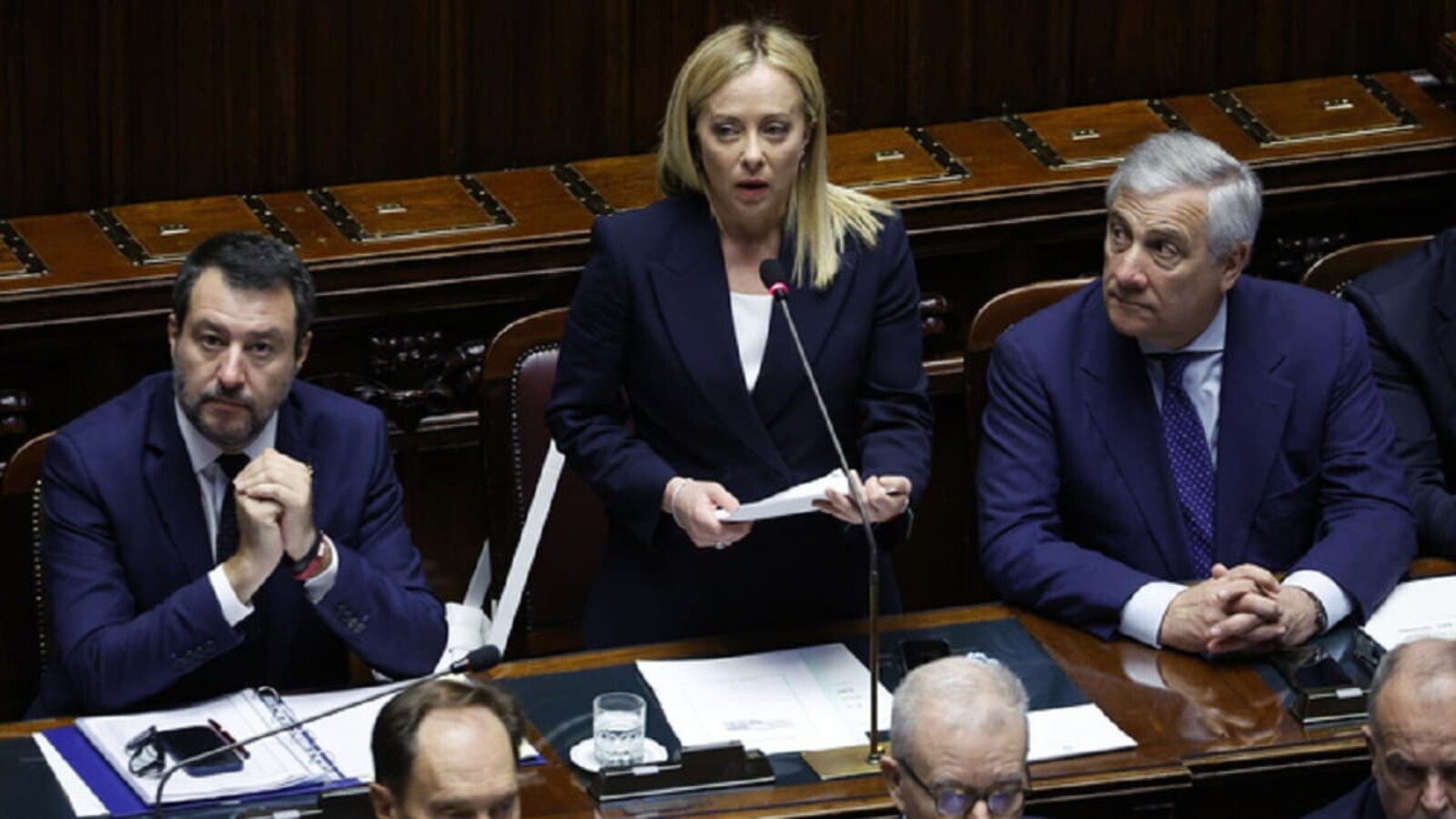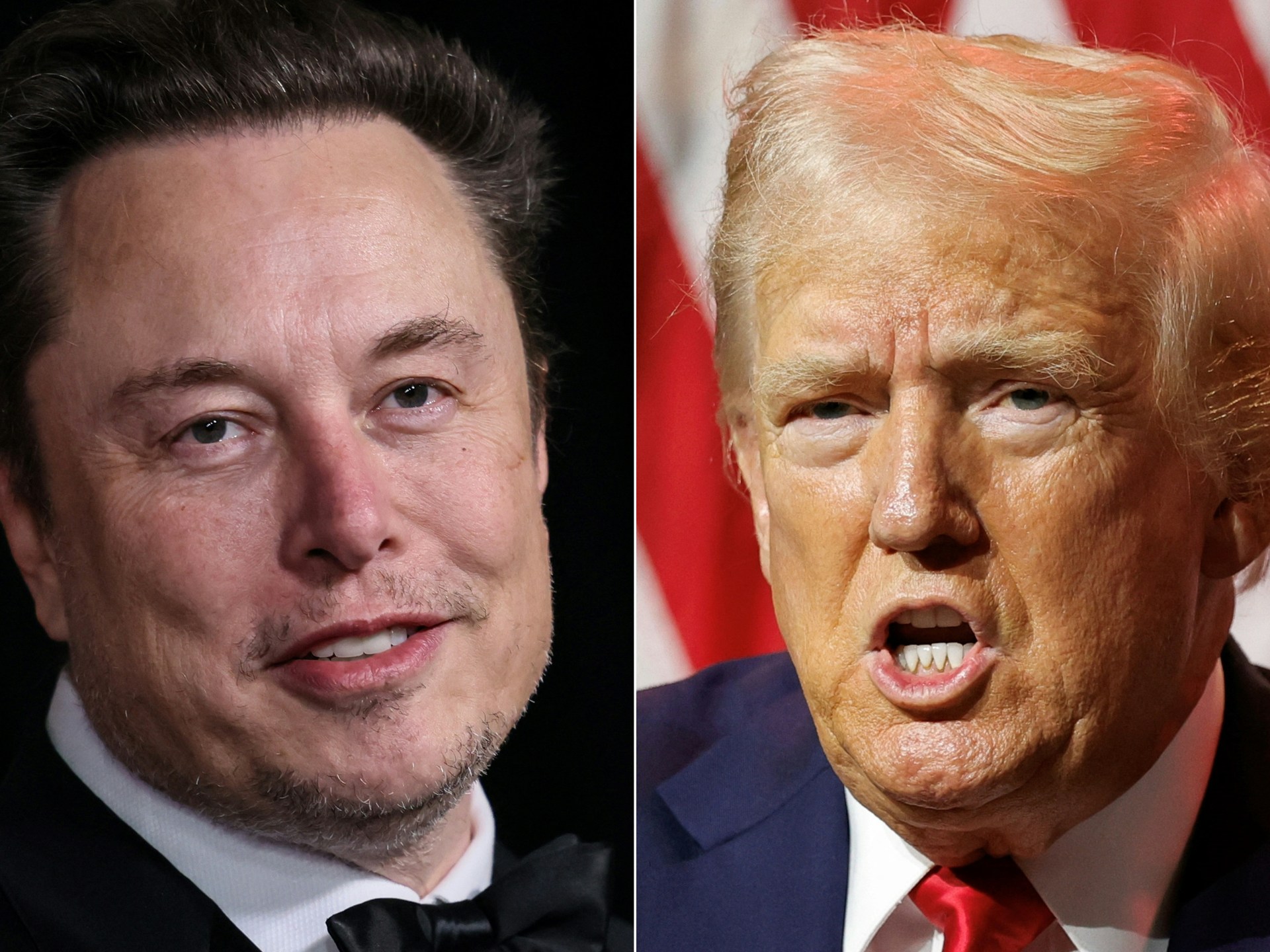Belarus’s Lukashenko Comments on Cross-Border Attacks, Central Asian Nations Stay Mum
Despite the significance of the recent Ukrainian incursion into Russia’s Kursk region, only Belarus’s President Alexander Lukashenko has publicly addressed the issue. Meanwhile, Central Asian nations, members of the Collective Security Treaty (CST), have remained silent.
The CST’s Role
The CST is a military alliance that includes Russia, Belarus, Kazakhstan, Kyrgyzstan, Tajikistan, and Uzbekistan. According to the treaty, member states are obligated to provide military aid in the event of an attack on any member. However, Russia has not invoked this clause in response to the Kursk incursion.
Reasons for Silence
Analysts attribute the silence of Central Asian nations to several factors:
- Hesitation to provoke Russia: Requesting military aid from CST forces could be seen as a sign of aggression towards Russia, potentially damaging relations.
- Lack of enthusiasm for Russia’s military action: Despite the CST obligation, Central Asian nations have sought to distance themselves from Russia’s invasion of Ukraine.
- Political and economic calculations: These nations carefully balance their relationships with Russia, China, and the West, seeking economic benefits from all sides.
Public Opinion in Central Asia
While official statements from Central Asian nations have been limited, public opinion in the region is divided:
- Pro-Kremlin sentiment: Russian media influence and historical ties contribute to pro-Moscow views in the region.
- Sympathy for Ukraine: Ukraine’s resistance against Russian aggression has also garnered support.
Putin’s Response and Implications
Russian President Vladimir Putin has downplayed the gravity of the Kursk invasion, referring to it as a “counterterrorism operation.” This term has been used by the Kremlin to justify past military actions and human rights abuses.
By presenting the incursion as a counterterrorism measure, Putin aims to:
- Maintain legitimacy: Putin’s narrative appeals to domestic audiences, upholding his legitimacy as a protector against terrorism.
- Avoid escalation: By signaling that he will not use nuclear weapons or escalate the conflict with the West, Putin relieves pressure on Central Asian nations to take a stance.
Historical Context
The term “counterterrorism operation” has a negative connotation for many in the region due to its association with the brutal second Chechen war, which resulted in widespread human rights violations.
In conclusion, while Belarus has commented on the Kursk incident, Central Asian nations have chosen to remain silent. This silence is primarily driven by a desire to avoid antagonizing Russia, differing opinions on the conflict, and geopolitical considerations. Despite official stances, public opinion in the region remains divided.



